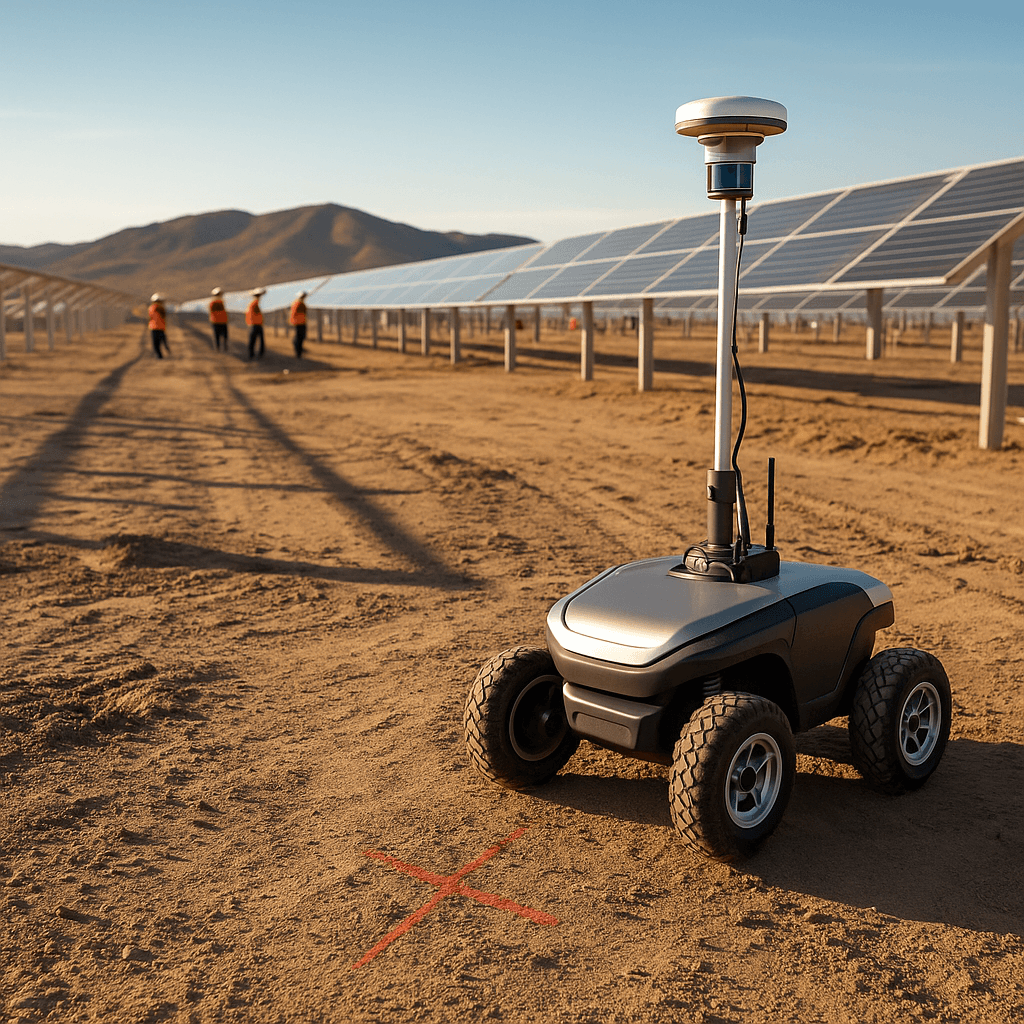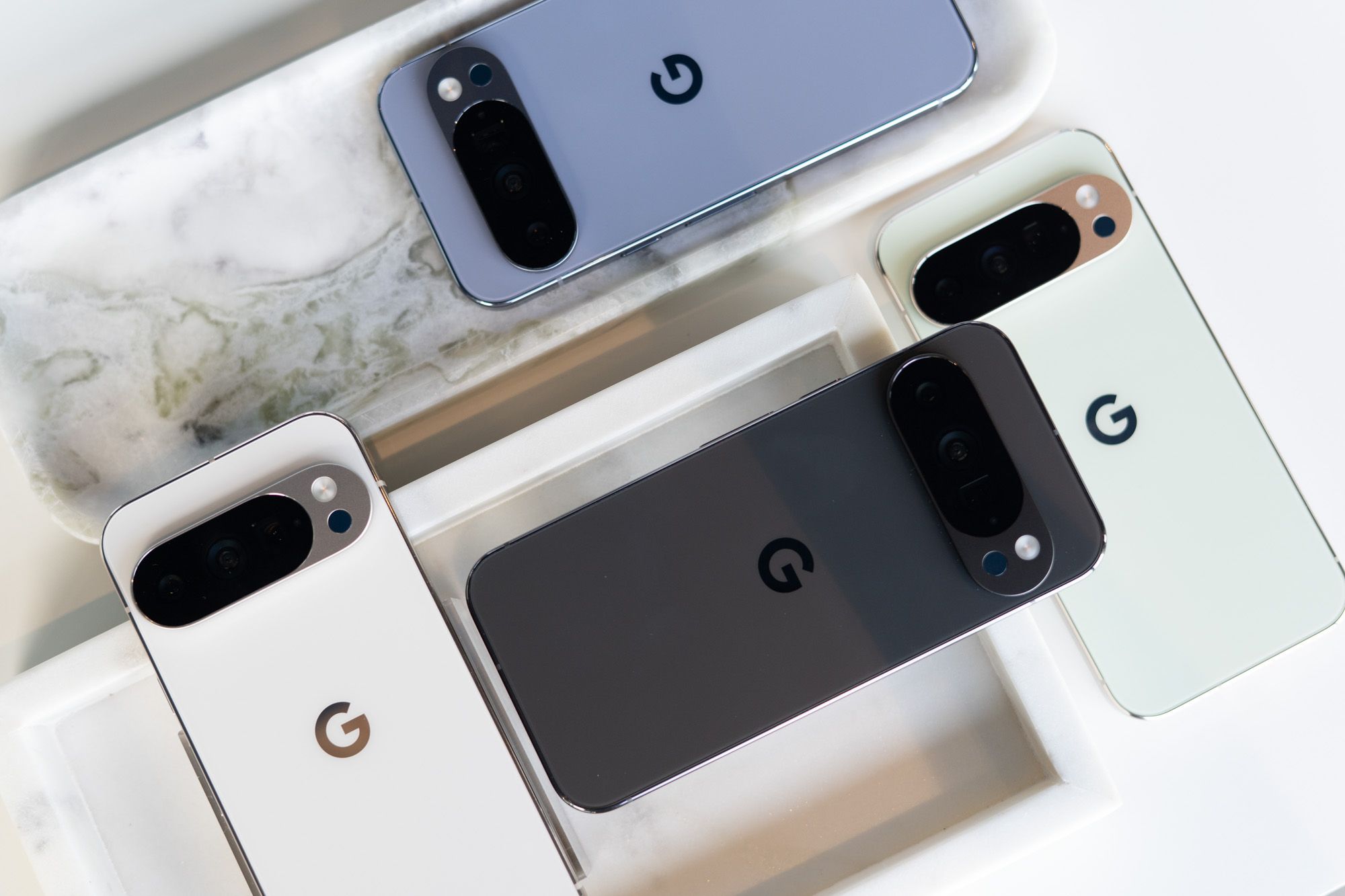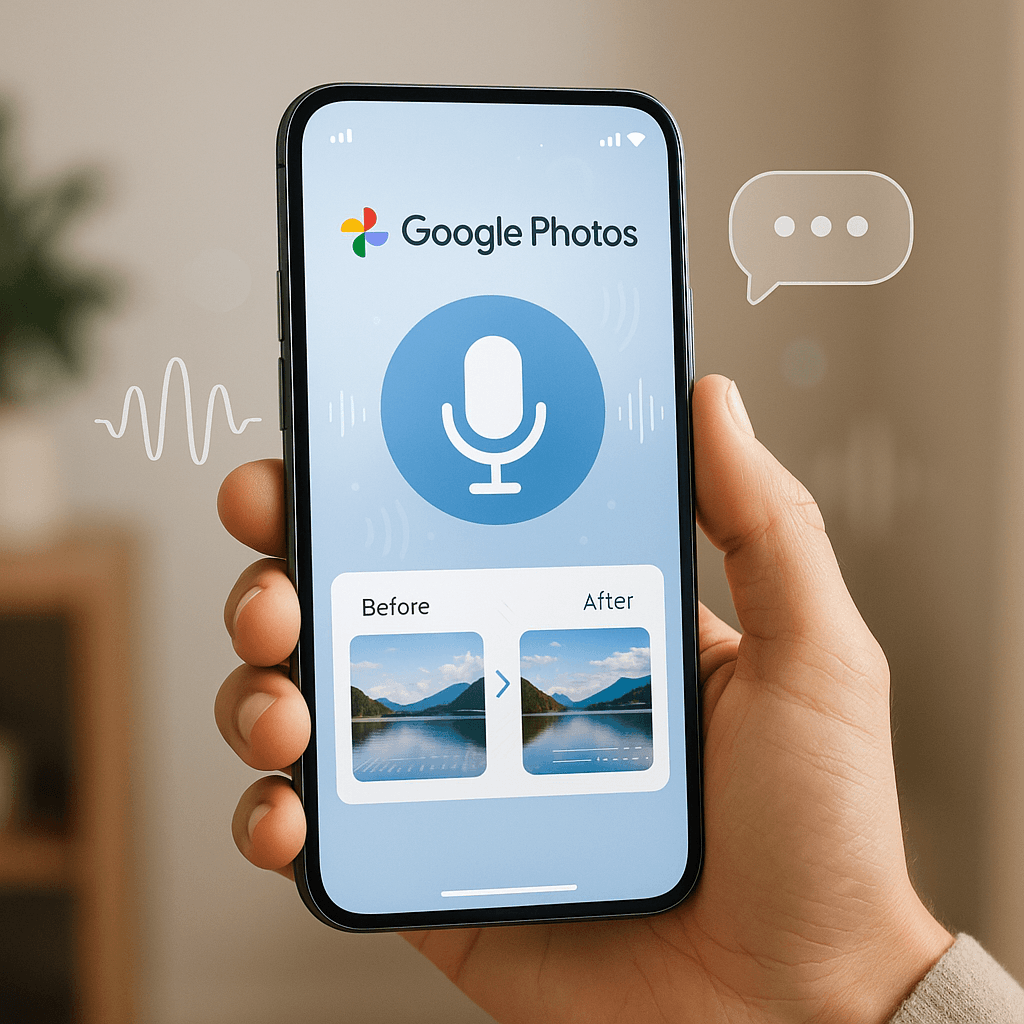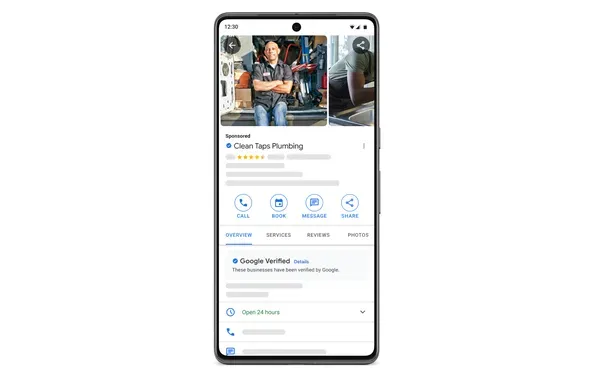Google just pulled back the curtain on the Pixel 10's origin story, revealing how a decade-long bet on AI and custom hardware culminated in what the company calls its most ambitious smartphone yet. In a new Made by Google podcast, Venkat Rapaka, an original Pixel architect who returned for the 10th generation, details how features that 'once felt like science fiction' are now reality.
Google is betting big on the narrative that the Pixel 10 represents something fundamentally different in smartphones - not just another annual refresh, but the payoff from a strategic decade-long investment. The timing of this revelation, delivered through the company's own Made by Google podcast, suggests Google wants to reframe the conversation around its hardware ambitions just as Apple and Samsung prepare their own AI-powered device launches.
Venkat Rapaka's return to the Pixel team specifically for the 10th generation device signals the internal importance Google is placing on this launch. According to the podcast episode, Rapaka was instrumental in the original Pixel development but had moved on to other projects within Google. His decision to return 'for the 10th generation' suggests the company mobilized veteran talent for what it sees as a pivotal moment.
The 'science fiction to reality' framing is particularly telling given Google's competitive position. While Apple has dominated premium smartphone margins and Samsung leads global shipments, Google's Pixel line has remained a niche player despite critical acclaim. The company shipped an estimated 37 million Pixel devices in 2024, according to Counterpoint Research, compared to Apple's 234 million iPhones.
What's changed is Google's position in AI. The company's Gemini models now power everything from search to cloud services, and the Pixel 10 appears designed to showcase how that AI leadership translates to consumer hardware. The podcast revelation that hardware and AI investments began simultaneously a decade ago suggests has been planning this convergence since the original Pixel launched in 2016.











